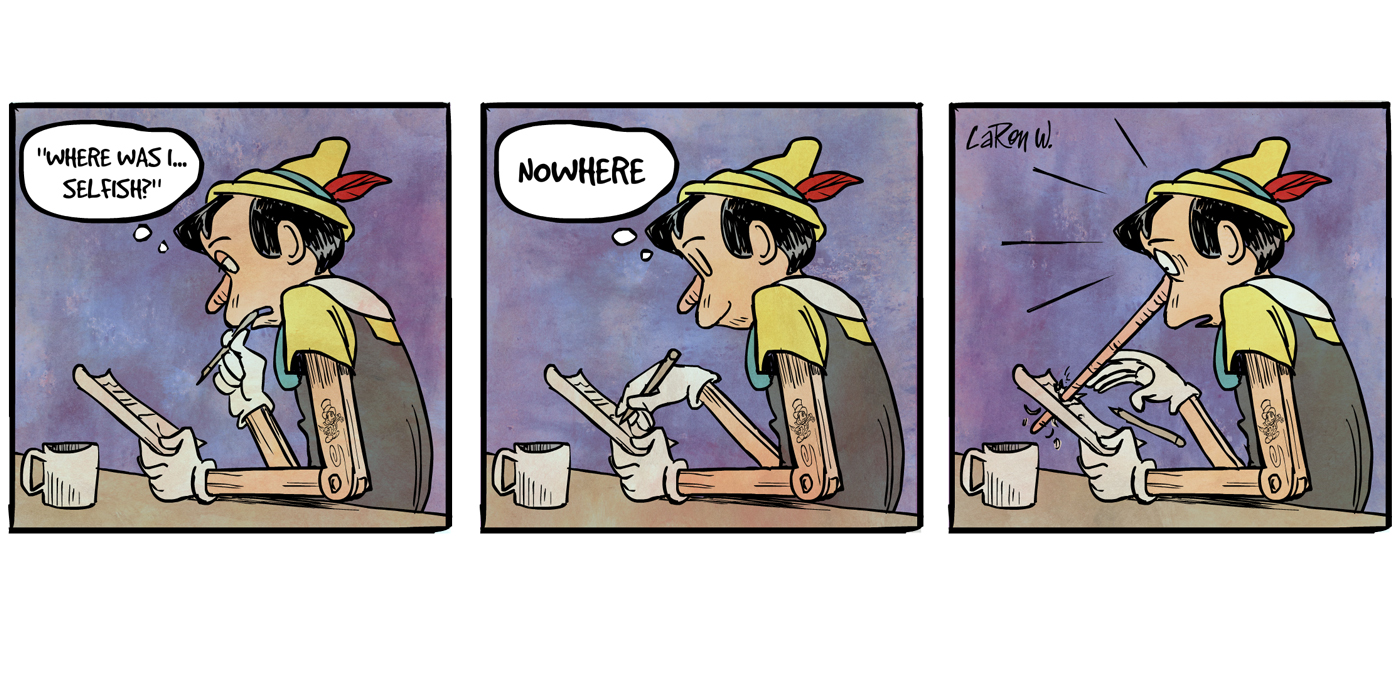The wording of the Third Tradition in SA is different than in most other Twelve Step programs. The Third Tradition in AA is: “The only requirement for AA membership is a desire to stop drinking.” In SA, however, the Third Tradition is: “The only requirement for SA membership is a desire to stop lusting and become sexually sober.” I believe SA’s formulation of the Third Tradition involves a two-part membership requirement — a desire to stop lusting and a desire to become sexually sober — and that both parts are equally important to the spiritual health of the fellowship and the quality of meetings.
Unlike other Twelve Step programs that allow each member to define sobriety in his or her own way, the definition of sexual sobriety for all SA members is determined by the fellowship. In AA there is very little if any controversy over what it means to “stop drinking.” While there may be questions as to whether one is truly sober and in recovery as opposed to merely dry or, worse still, on a dry drunk, it is still commonly accepted in AA that you may consider yourself “sober” if you abstain from drinking alcohol. Thus, a desire to stop drinking equates with a desire to become sober.
The lines are not so clearly drawn, however, in the case of sexual addiction. There may be those who desire to stop behaviors they consider destructive or unhealthy, but who have no desire for sexual sobriety as SA defines it. If we do not have as a membership requirement a desire for SA-defined sexual sobriety, then we belie our contention that it is important for the fellowship rather than the individual to define sexual sobriety. If we count as SA members individuals who do not want to become sexually sober, then our primary purpose is no longer that of achieving sexual sobriety and helping other sexaholics to achieve sexual sobriety. Our membership requirement must include a desire for sexual sobriety as SA defines it.
The other part of the membership requirement — the desire to stop lusting — is equally important. As strongly as I believe in SA’s sobriety imperative, I also believe that exclusive focus on it can be counterproductive. I have occasionally observed in myself (and, I believe, in other SAs) a phenomenon whereby I want to maintain bottom line, calendar sobriety for the perceived status it carries in the local or national fellowship, but without a sincere desire to stop lusting. I use my willpower to stop short of acting out according to the SA bottom line, while still giving myself permission to take lust drinks to smooth out life’s rough spots. You’ve heard all the terms and phrases: “I’ve been teasing the disease.” “I had a half-slip.” “I’m not mentally sober but I am technically sober,” and several others. When I use these statements I am attempting to cling to my calendar sobriety as a sign of SA status, while being unwilling to put down the mental and spiritual drug of lust as well as the physical drug of acting out.
The Third Tradition, by requiring a desire to stop lusting, recognizes the unique nature of sexaholism. An alcoholic who fantasizes about a drink but stops short of actual taking one has at least not allowed alcohol to enter his or her bloodstream and begin its physiological damage. I am convinced, as a sexaholic, I do not enjoy that luxury. I feel myself change physiologically (not to mention spiritually and emotionally) when I lust. This is where the analogy between AA and SA begins to break down. In AA they say that stinking thinking leads to drinking. In SA, lustful thinking is drinking. Refraining from acting out while continuing to lust is analogous to an alcoholic continuing to drink but trying not to binge.
Look at SA’s First Step. Lust — not sex — is the drug I am addicted to. If I do not have a desire to stop lusting, I do not have a desire to stop using my drug. I know that it is progress, not perfection, and I know that victory over lust is progressive. But I also know that, just as I had to stop acting out, I have to stop willfully lusting. As it says in the White Book, I can’t expect a therapist, or the fellowship, or even God to do the stopping for me. If I maintain an attitude of unwillingness (disguised as inability) to surrender lust, then I do not have a desire to stop lusting, and I place in jeopardy my right to membership in SA.
B.K.






